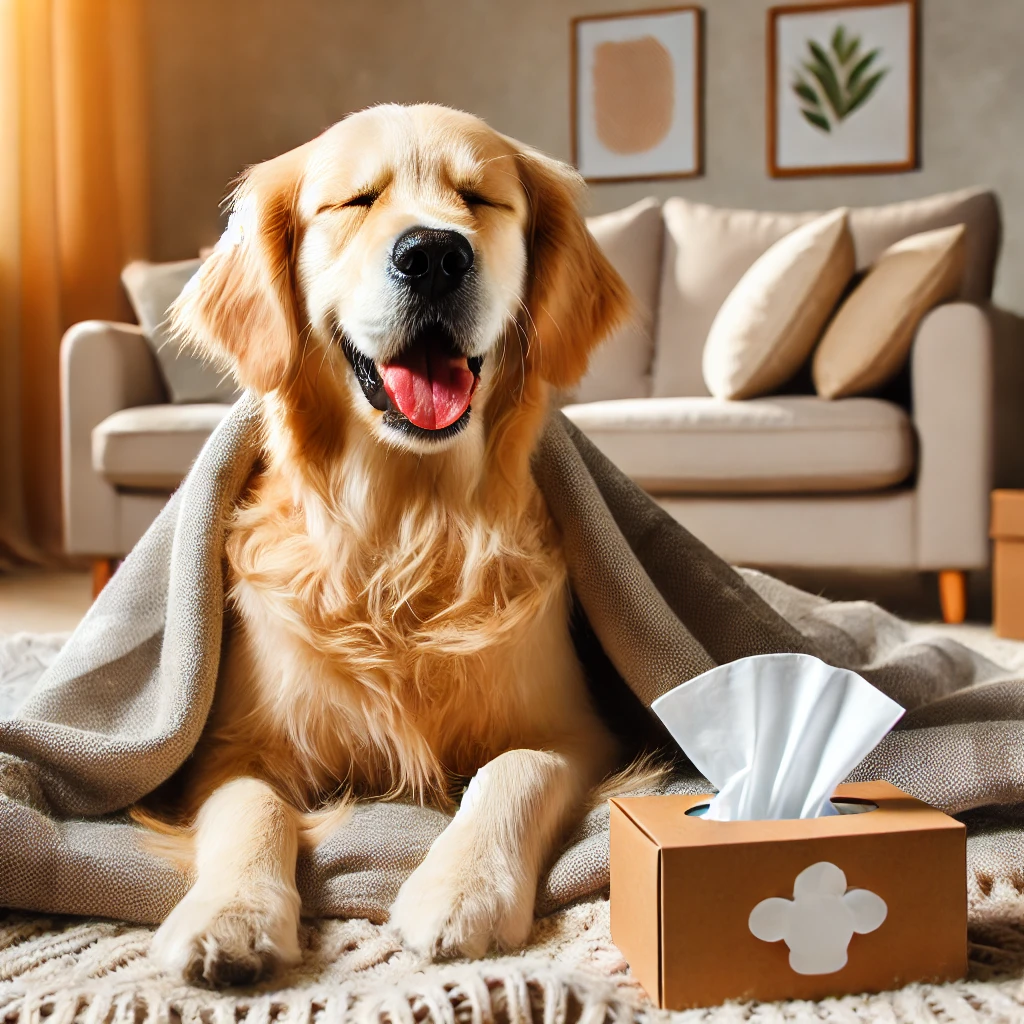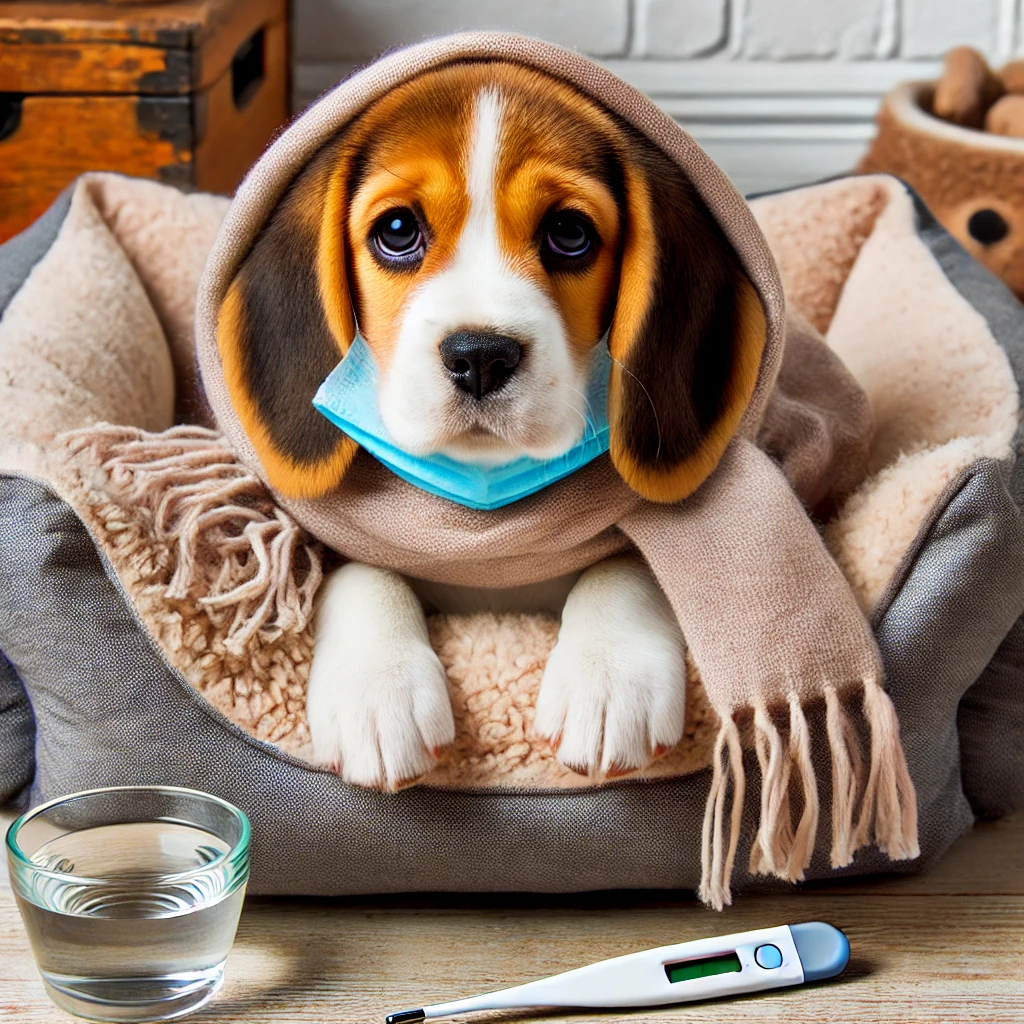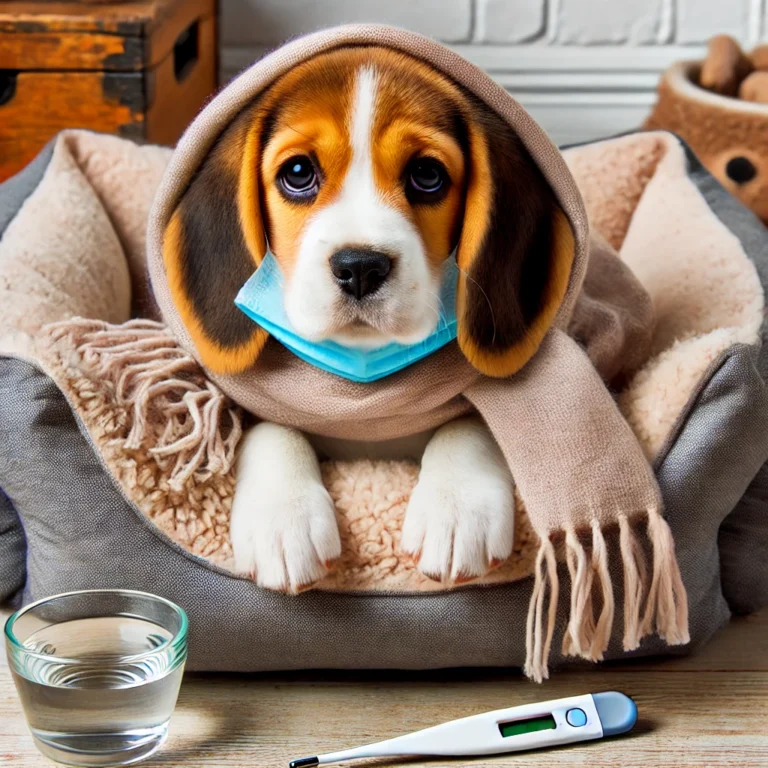Contents
Introduction: Do Dogs Get Colds And Flus? Really
Have you ever noticed your dog sneezing, coughing, or feeling sluggish? As a pet owner, you might wonder, Can dogs catch colds like humans? The short answer is yes, but the viruses that affect dogs are different from those that affect humans. Understanding the symptoms, causes, and treatments for colds and flu in dogs can help you keep your furry friend healthy.
In this article, we will explore whether dogs can get colds and flu, how they catch them, the symptoms to look out for, and the best ways to prevent and treat these illnesses.
Key Takeaways
| Topic | Summary |
|---|---|
| Can dogs get colds? | Yes, but from viruses different from human colds. |
| Common symptoms | Sneezing, coughing, runny nose, fever, lethargy. |
| Causes | Viruses like canine influenza, kennel cough, or bacterial infections. |
| Transmission | Through direct contact, shared bowls, or airborne particles. |
| Treatment | Rest, hydration, vet care if symptoms persist. |
| Prevention | Vaccination, hygiene, avoiding sick dogs. |
Understanding Canine Respiratory Infectioz
What Are Colds and Flu in Dogs?
A cold in dogs is a mild respiratory infection caused by different viruses, including the canine adenovirus or parainfluenza virus. These infections typically cause symptoms similar to a human cold—sneezing, coughing, and a runny nose.
Canine flu (influenza), on the other hand, is caused by the H3N8 and H3N2 viruses and can be more severe. It spreads rapidly and may lead to complications such as pneumonia.
How Do Dogs Catch Colds and Flu?
Dogs can catch colds and flu the same way humans do—through exposure to infected animals or contaminated environments.
Do Dogs Get Colds And Flus Common Ways Dogs Get Sick
- Direct Contact – Playing with or being around an infected dog.
- Airborne Particles – Coughing or sneezing spreads the virus.
- Shared Objects – Contaminated food bowls, toys, or beds.
- Human Transmission – While dogs don’t catch colds from humans, we can carry germs on our hands or clothes.
Common Symptoms: Mild to Severe Cases

Mild Symptoms of a Dog Cold
- Sneezing and nasal congestion
- Runny nose
- Mild cough
- Watery eyes
- Slight lethargy
Severe Symptoms (Possible Canine Flu or Pneumonia)
Do Dogs Get Colds And Flus
- Persistent coughing (especially a “honking” cough)
- High fever (above 103°F)
- Difficulty breathing
- Loss of appetite
- Vomiting or diarrhea
If your dog is showing severe symptoms, it’s best to visit a veterinarian immediately.
How to Treat a Dog with a Cold or Flu
Home Remedies for Mild Cases

If your dog is experiencing mild symptoms, you can help them recover at home with proper care and attention. Here’s what you can do:
- Provide Plenty of Rest – Just like humans, dogs need extra rest when they are sick. Ensure they have a warm, quiet place to sleep.
- Keep Them Hydrated – Offer fresh water at all times. If your dog refuses to drink, try offering ice cubes or low-sodium chicken broth.
- Use a Humidifier – A humidifier can help ease nasal congestion and make breathing easier.
- Encourage Eating – A warm meal, such as plain boiled chicken and rice, can be easier on their stomach and encourage them to eat.
- Monitor Their Symptoms – Keep an eye on your dog. If their symptoms worsen or persist for more than a few days, seek veterinary care.
When to See a Vet
If your dog shows severe symptoms such as difficulty breathing, persistent cough, fever, or loss of appetite, visit a veterinarian immediately. The vet may prescribe:
- Antibiotics (for bacterial infections)
- Cough suppressants (if necessary)
- Fluids (for dehydration)
- Antiviral medication (for severe flu cases)
Never give your dog human cold medicine, as some ingredients (like acetaminophen or ibuprofen) can be toxic.
Preventing Colds and Flu in Dogs
Vaccination and Preventive Care
The best way to protect your dog from respiratory infections is through vaccinations and proper hygiene.
- Canine Flu Vaccine – Recommended for dogs who frequently interact with other dogs (e.g., at dog parks, kennels, or grooming salons).
- Bordetella Vaccine – Helps prevent kennel cough, a common respiratory illness in dogs.
- Regular Vet Checkups – Routine vet visits can help catch illnesses early.
Hygiene and Environmental Precautions
- Keep Food & Water Bowls Clean – Wash them daily to remove germs.
- Avoid Contact with Sick Dogs – If you notice a dog coughing at the park or daycare, keep your pet at a safe distance.
- Wash Your Hands – Especially after handling other dogs.
- Ensure Good Ventilation – Proper airflow in your home can help reduce airborne pathogens.
Can Dogs Catch Colds from Humans?
No, dogs cannot catch the common cold from humans. The viruses that cause colds in people (like rhinoviruses) do not affect dogs. However, humans can carry viruses or bacteria on their hands, clothing, or shoes, which might contribute to a dog’s illness.
Dogs can also catch illnesses from other animals, such as cats or wildlife, so it’s important to keep their environment safe and clean.
Frequently Asked Questions (FAQs)
1. Can my dog get sick from playing with other dogs?
Yes, dogs can catch colds and flu from infected dogs, especially in crowded places like kennels, parks, and doggy daycares.
2. How long does a dog cold last?
A mild cold usually lasts 5 to 10 days, while canine flu can last up to 3 weeks.
3. Can I give my dog human cold medicine?
No! Many human medications contain toxic ingredients that can harm dogs. Always consult a vet before giving any medication.
4. Is kennel cough the same as a dog cold?
Not exactly. Kennel cough is a specific bacterial infection (Bordetella), whereas a dog cold is typically caused by viruses. However, both cause coughing and respiratory symptoms.
5. What should I do if my dog stops eating when sick?
Try offering soft, warm food like boiled chicken and rice. If your dog refuses to eat for more than 24 hours, visit a veterinarian.
Final Thoughts
Dogs can indeed catch colds and flu, but with proper care, rest, and prevention, most cases are mild and resolve on their own. If your dog shows severe symptoms, consult a veterinarian immediately. Keeping your dog vaccinated, well-hydrated, and away from sick animals will help them stay healthy and happy.


